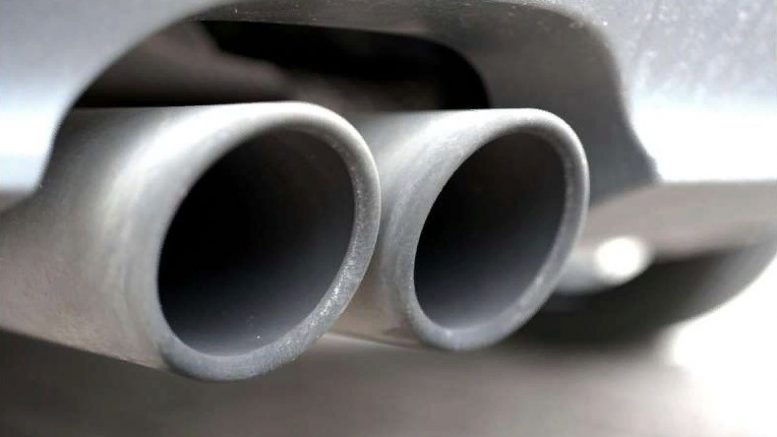A study of people exposed to air pollution finds that females are more affected than males
According to new research that will be presented at the European Respiratory Society International Congress in Barcelona, Spain, the effects of breathing diesel exhaust fumes may be more severe for women than for men.
The effects of exposure to diesel exhaust on people’s blood were examined by researchers. The blood components associated with inflammation, infection, and cardiovascular disease were altered in both males and females, but more so in females.
Professor Neeloffer Mookherjee at the University of Manitoba and Professor Chris Carlsten at the University of British Columbia, both in Vancouver, Canada, led the two research groups that collaborated on the study, which was presented by Dr. Hemshekhar Mahadevappa of the University of Manitoba in Winnipeg, Canada.
According to Dr. Mahadevappa, “Asthma and respiratory infections are two lung illnesses that differ across the sexes.
Our earlier studies demonstrated that breathing diesel exhaust causes lung inflammation and affects how the body fights respiratory illnesses.
We wanted to see if there were any blood-related effects and how they varied between males and females in our investigation.
Ten healthy non-smokers participated in the study, five of whom were male and five of whom were female.
With a four-week pause in between each exposure, each volunteer spent four hours breathing filtered air and four hours inhaling air that included diesel exhaust fumes at three distinct concentrations: 20, 50, and 150 micrograms of fine particulate matter (PM2.5) per cubic meter.
The annual limit for PM2.5 in the European Union is currently 25 micrograms per cubic meter, but far higher peaks are typical in many places.
Volunteers gave blood samples 24 hours after each exposure, and the researchers carefully examined the blood plasma of the individuals. In addition to hundreds of proteins and other chemicals, plasma, the liquid portion of blood, transports blood cells throughout the body.
The researchers examined the amounts of several proteins after exposure to diesel exhaust using a well-known analysis technique called liquid chromatography-mass spectrometry, and then compared the changes in males and females.
Following exposure to diesel exhaust, the researchers observed that levels of 90 proteins were noticeably different between female and male subjects when comparing plasma samples.
Some proteins that are known to be involved in inflammation, damage repair, blood clotting, cardiovascular disease, and the immune system were among the proteins that varied between males and females.
When volunteers were exposed to the higher concentrations of diesel exhaust, some of these differences were more obvious.
“These are preliminary findings, but they suggest that exposure to diesel exhaust has distinct effects on female bodies compared to male bodies, and that could indicate that air pollution is more detrimental for girls than for males,” Professor Mookherjee said.
“This is significant since it is known that respiratory disorders like asthma affect boys and females differently, with females being more likely to experience severe asthma that does not improve with treatment.
Therefore, much more research is required to understand how different genders react to air pollution and what these implications are for respiratory disease prevention, detection, and treatment.
The researchers intend to keep investigating the roles of these proteins to better understand how they contribute to the differences between male and female immune responses.
The chair of the European Respiratory Society Environment and Health Committee, Professor Zorana Andersen of the University of Copenhagen in Denmark, was not involved in the study.
We are aware that air pollution exposure, particularly diesel exhaust, is a significant risk factor for illnesses including asthma and chronic obstructive pulmonary disease. We need governments to set and enforce limits on air pollutants because there is not much we, as individuals, can do to prevent breathing in filthy air.
“Additionally, we need to comprehend how and why air pollution harms people’s health. This research provides some crucial information about how the body responds to diesel exhaust and how that response may vary between males and females. “


